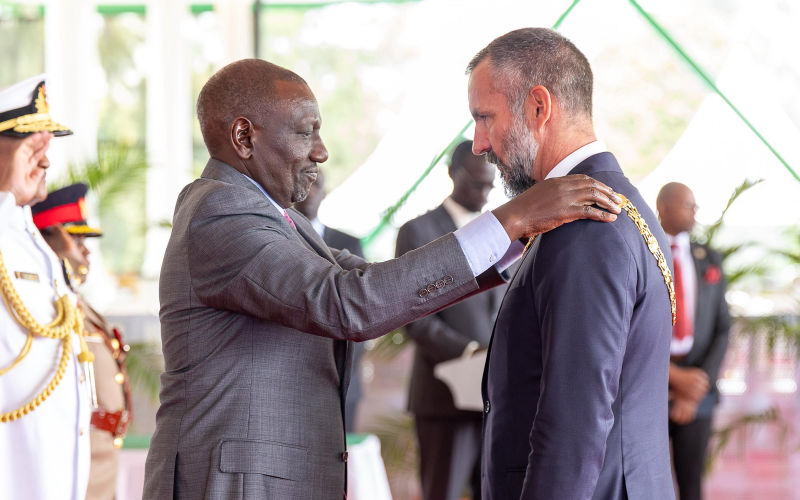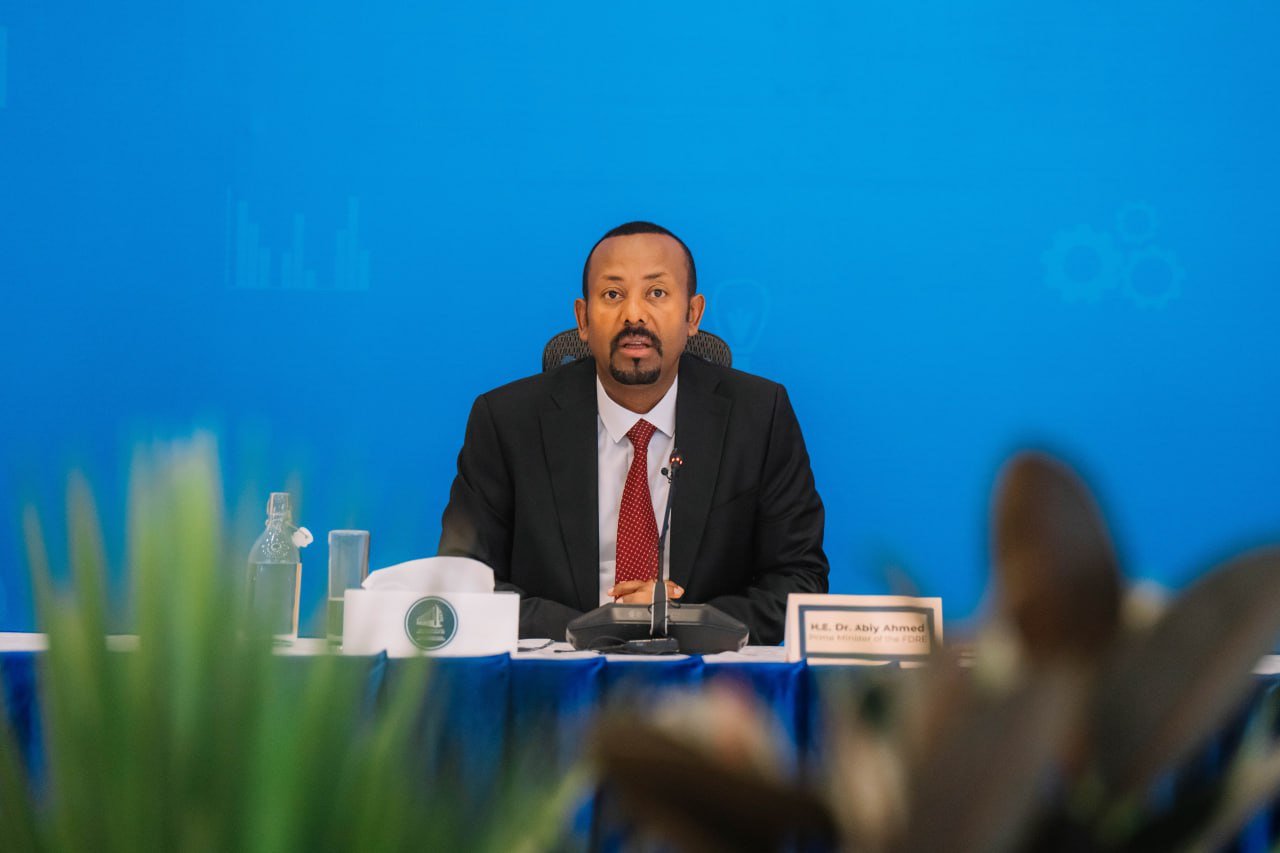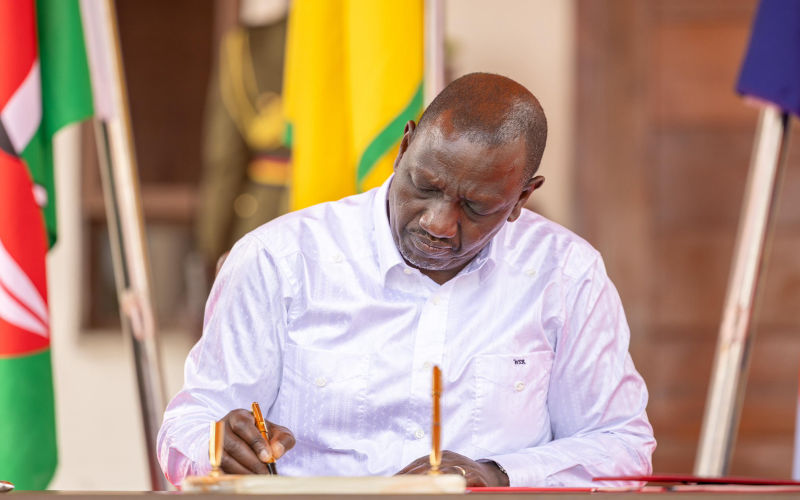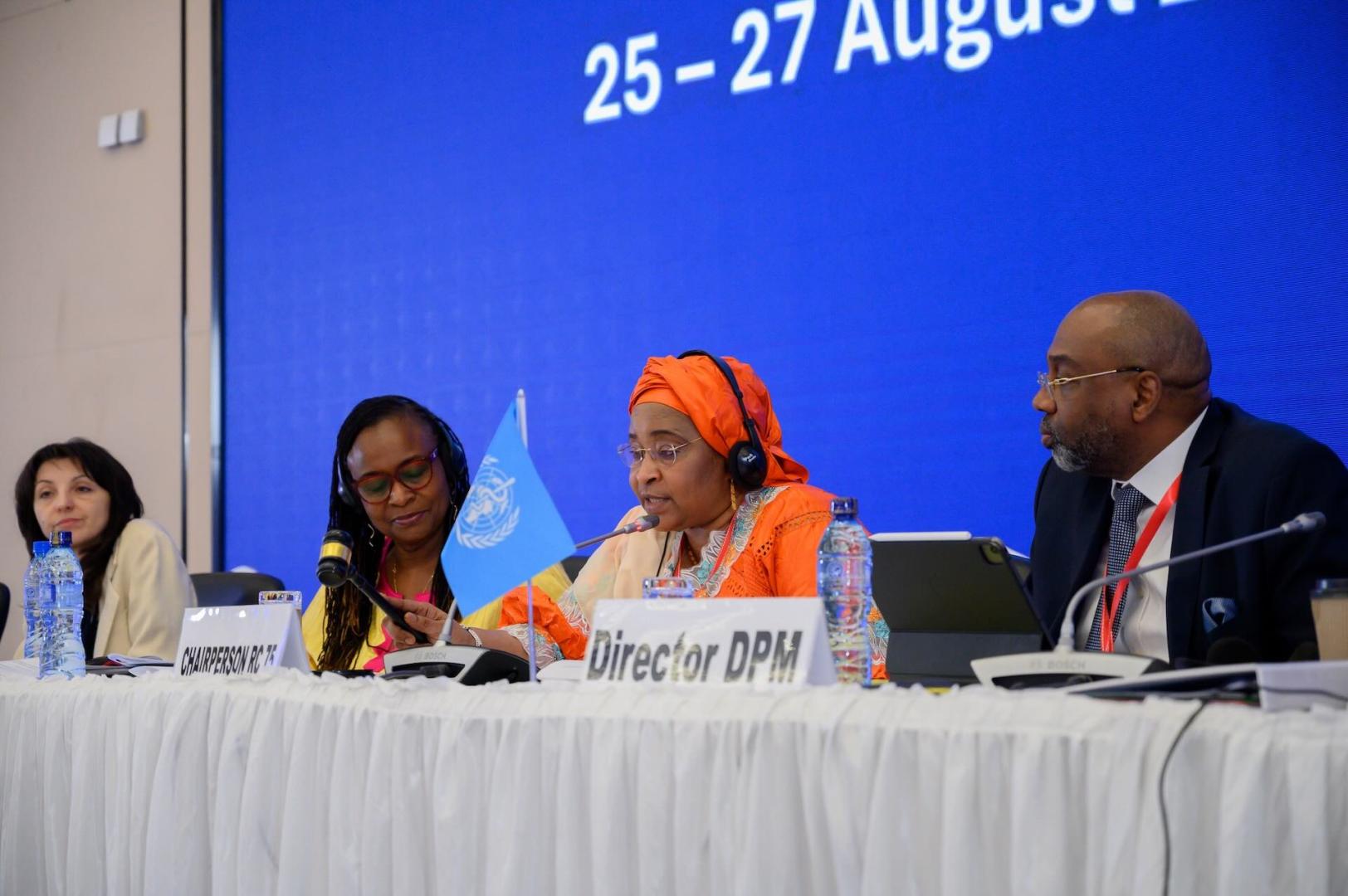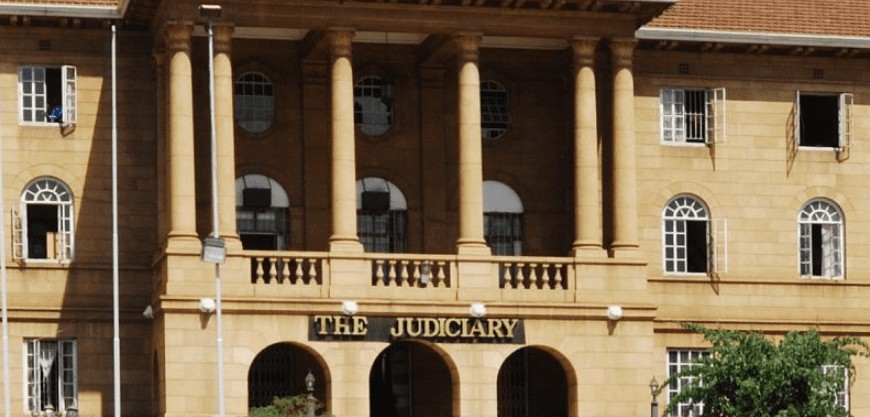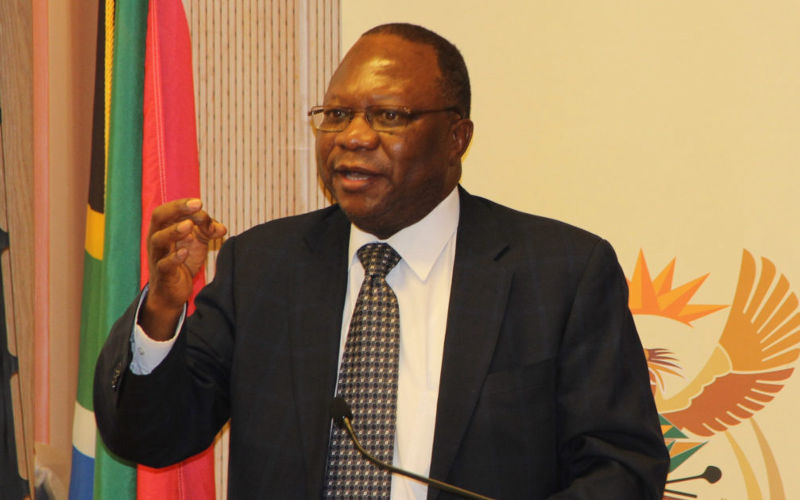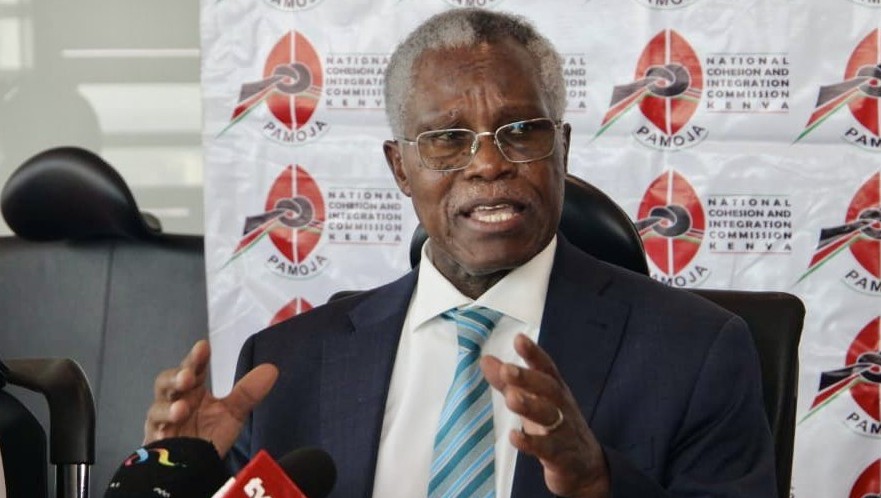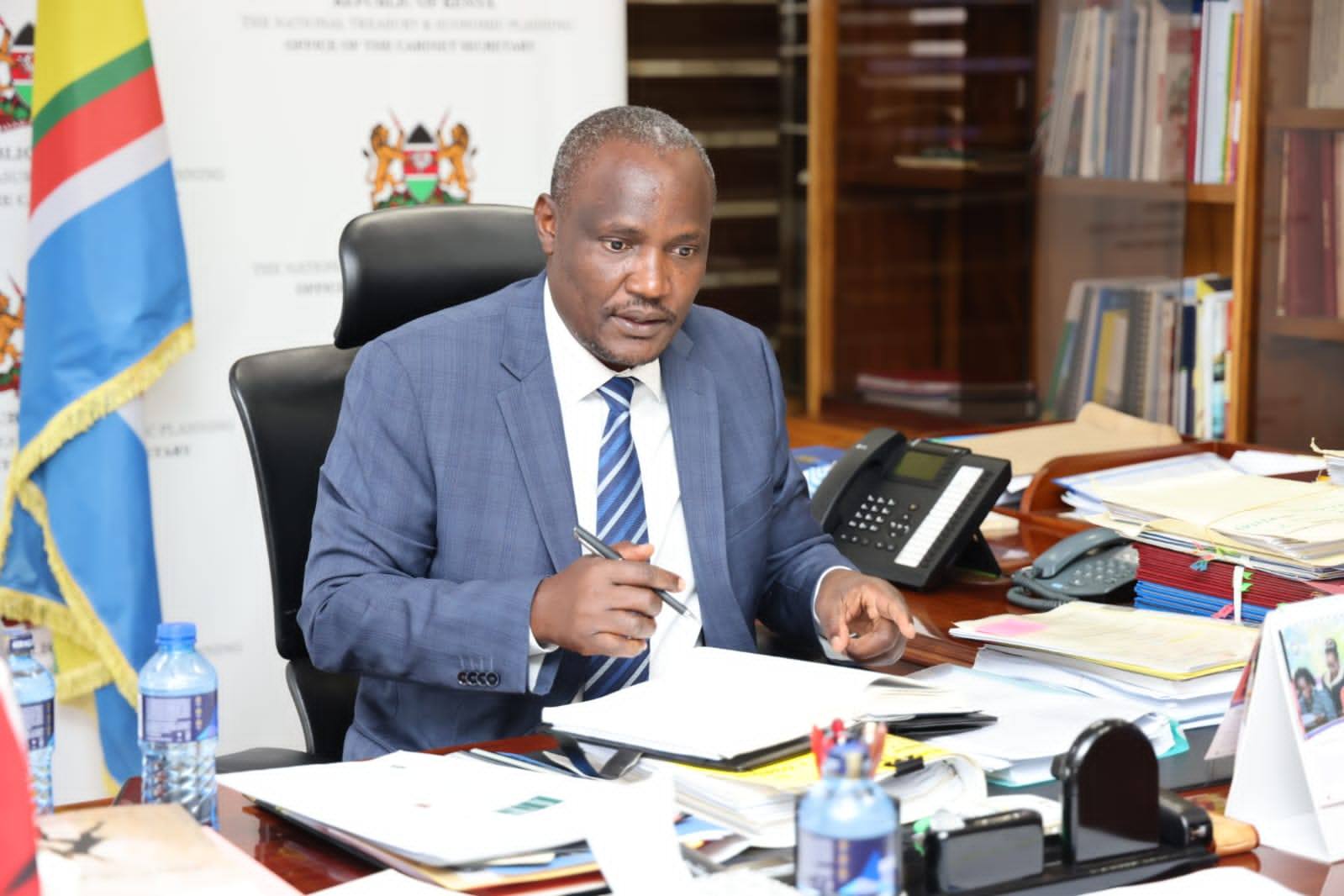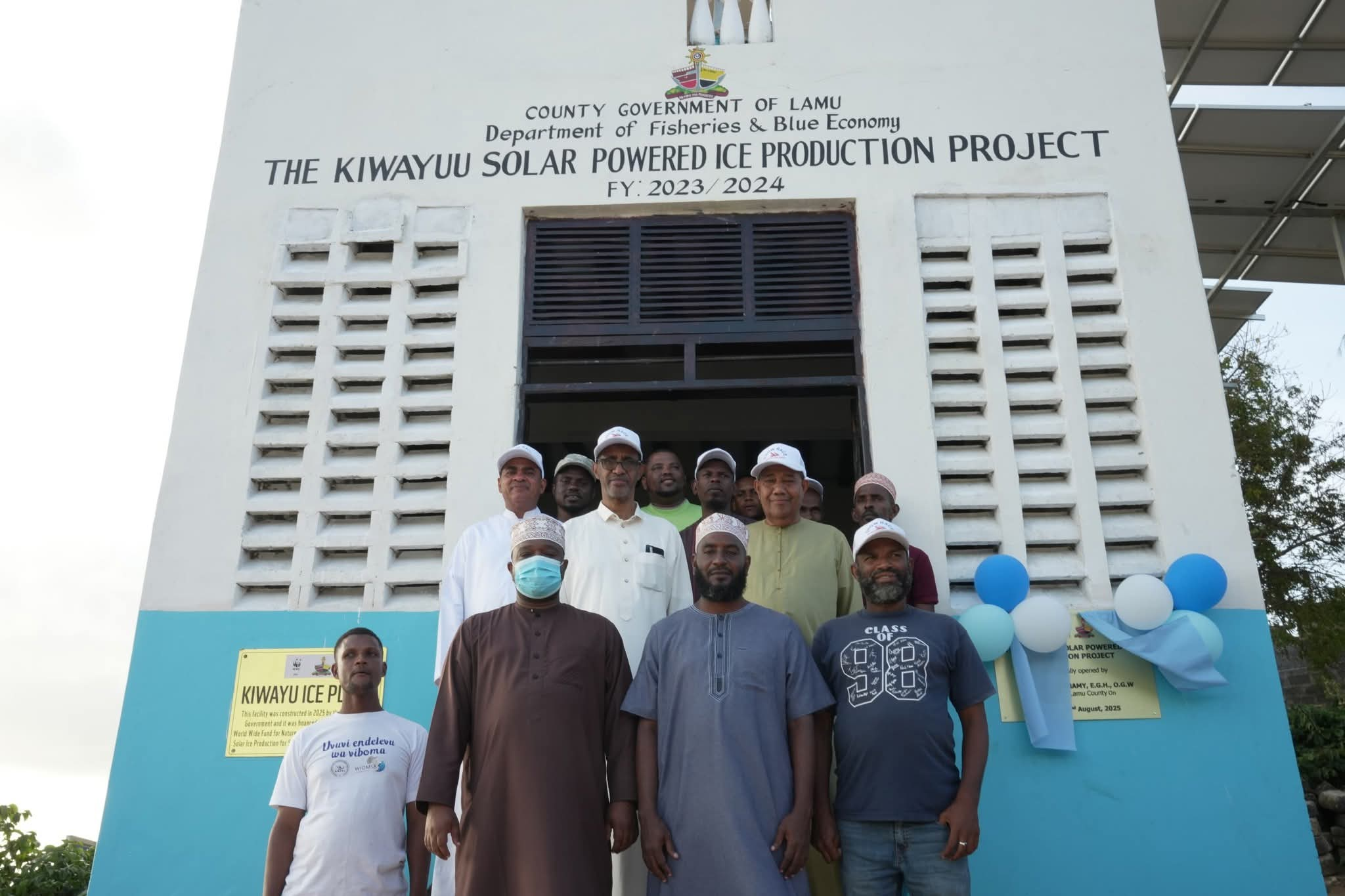Audit exposes systemic procurement failures in stadium projects
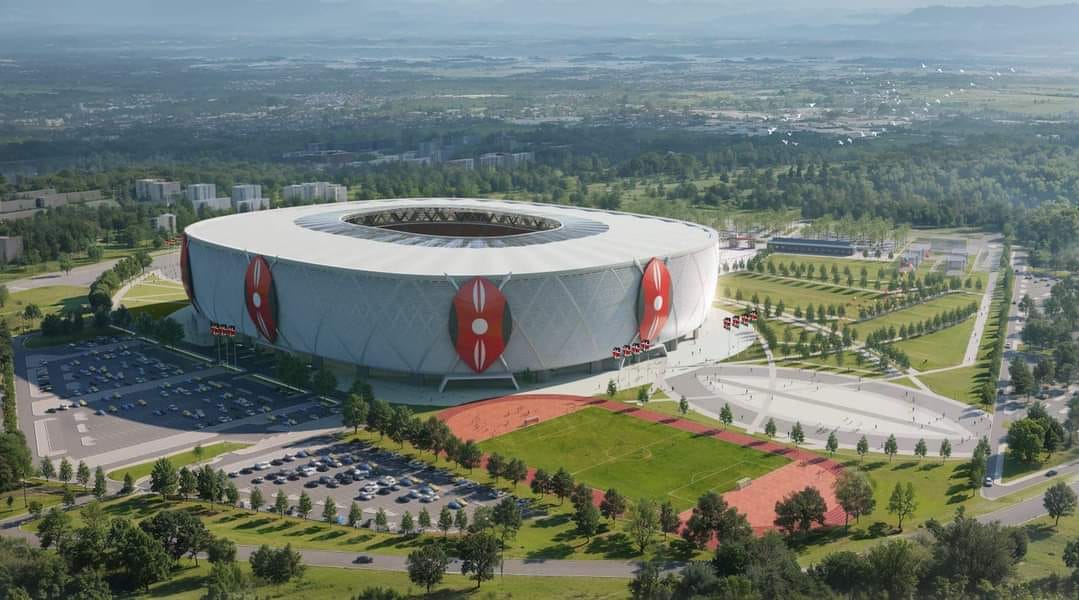
Three major stadium projects- Kericho Green, Bukhungu, and Masinde Muliro-Kanduyi—stand out for repeated procedural breaches.
A recent audit by Auditor General Nancy Gathungu has exposed deep-rooted procurement failures and management lapses in stadium construction projects, raising serious questions about oversight and accountability in Sports Kenya.
The report, covering the financial year ending June 30, 2024, details multiple breaches of procurement laws, incomplete works, and irregular payments across key sports infrastructure projects.
More To Read
- Parastatals’ unchecked borrowing fuelliing Sh2.9 billion debt, Auditor General warns
- Auditor General flags Sh1.3 billion in unsupported CDF spending
- Sh208 billion unutilised as Kenya's development spending hits five-year low
- Development projects hit hard as counties, ministries struggle after Treasury withholds billions in approved funds
- Auditor General flags Sh170 billion revenue shortfall for FY 2023/2024
- 11 counties under fire over Sh3 billion spent on unfinished county assembly chambers
It notes that taxpayers have received little value for the Sh6.1 billion already spent, with Sh1.7 billion potentially wasted due to procedural violations.
The findings challenge the Kenya Kwanza administration’s promise of transparency in sports development, highlighting that the successful hosting of CHAN 2024 at Kasarani and preparations for Talanta Stadium mask persistent governance gaps in other venues.
Three major stadium projects, Kericho Green, Bukhungu, and Masinde Muliro-Kanduyi, stand out for repeated procedural breaches.
At Kericho Green Stadium, awarded at Sh408 million, auditors found that the contractor engaged with Sports Kenya weeks before the tender was officially opened. Records show designs were submitted on July 19, 2023, while the award was only granted on September 4.
A State Department for Public Works letter dated September 5 reported 50 per cent project completion, just a day after the contract signing.
“It is not practical for the contractor to achieve 50 per cent progress a day after signing the contract unless the contractor had already commenced works before the signing of the contract,” Gathungu said.
The contractor accepted the award on August 11, prior to the official approval on August 14, and only registered with the National Construction Authority (NCA) on July 29, after pre-engagement with Sports Kenya.
“No satisfactory explanation was provided for the anomaly. The management was in breach of the law, and the regularity of the expenditure couldn’t be confirmed,” the report reads.
At Bukhungu Stadium, Phase III works were awarded at Sh760 million without a formal memorandum of understanding with Kakamega County. Sh152 million was paid for incomplete, poorly defined, and potentially duplicated works, which caused delays.
Verification in September 2023 showed that Phase II was still incomplete, leaving the third phase behind schedule.
“In the circumstances, the value for money and propriety of the expenditure could not be confirmed,” Gathungu said.
Masinde Muliro-Kanduyi Stadium also violated procurement rules. The contract was signed on March 1, 2024, before the contractor formally accepted the award on March 4, breaching the mandatory 14-day standstill period required to resolve tender disputes.
The audit paints a picture of systemic management failures, weak oversight, and disregard for procurement laws. While sports events may succeed on the surface, the report suggests that governance structures fail to safeguard public resources.
Top Stories Today

